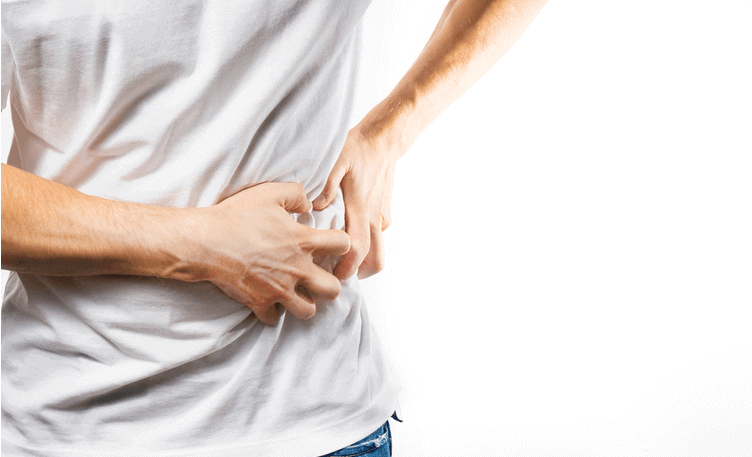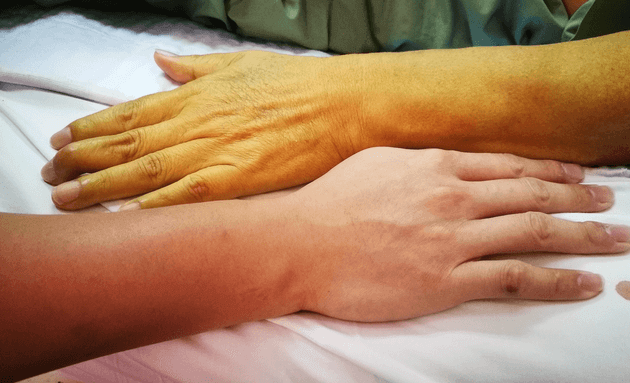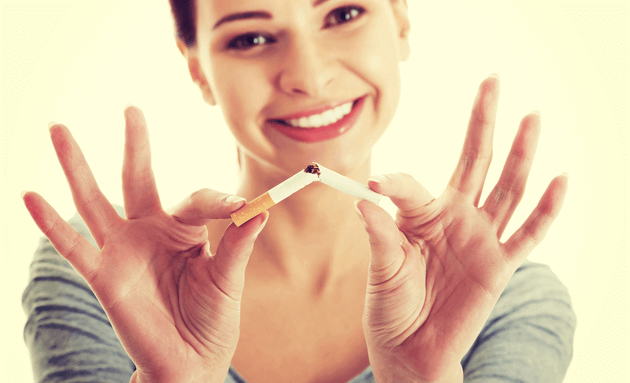
Cholangiocarcinoma: What Are The About Signs & Symptoms Of Bile Duct Cancer
Cholangiocarcinoma or adenocarcinoma, commonly known as bile duct cancer, is a rare type of cancer of the bile duct, usually affecting adults over the age of 50. There are fewer than 1000 reported cases of bile duct cancer in India annually.
What Are Bile Ducts and What Is Their Function?

Bile ducts are small tubes (approximately 10cm to 15cm long), that connects your liver and small intestine. It transports a fluid called bile from the liver, through the pancreas, to your gut, where it helps digest the fat in your food.
Cancerous cells can start from anywhere in the bile duct, and then spread to different parts of your body like the liver or pancreas.
Bile duct cancer is classified into different types based on its location.
- Intrahepatic cholangiocarcinoma occurs within the liver and is sometimes categorised as a type of liver cancer
- Hilar cholangiocarcinoma occurs outside the liver and is also known as perihilar cholangiocarcinoma
- Distal cholangiocarcinoma occurs in the portion of the bile duct near the small intestine
Can Bile Duct Cancer Be Detected Early?

Bile ducts are located deep inside your body, so signs and symptoms are difficult to detect early on. However, since tumours in the bile duct obstruct the flow of bile from the liver or gallbladder, the earliest symptoms include poor liver function conditions.
Signs and symptoms you should watch out for are:
- Jaundice: Jaundice happens when your liver cannot get rid of excessive bile. Bile contains a greenish-yellow chemical called bilirubin, which accumulates in the bloodstream and settles in different parts of your body. The first symptom of jaundice is yellowing of the skin and the white part of your eyes. Although jaundice is generally caused due to hepatitis (inflammation of the liver), it is usually the first symptom of bile duct cancer. Whatever the case may be, if you have jaundice, you must consult the doctor immediately.
- Itching: This occurs when excess bilirubin in your blood reaches the skin.
- Bloated feeling: This occurs due to the pressure of the tumour on surrounding organs
- Abdominal pain: This usually appears in the advanced stages of bile duct cancer
- Nausea and/or fever: May occur as a result of cholangitis, an infection caused due to bile duct blockage, or due to a buildup of bilirubin.
Decreased appetite, weight loss, changes in stool or urine (light-coloured stools and dark urine) are also symptoms of this cancer.
Are You at Risk of Bile Duct Cancer?

Bile duct cancer is an extremely rare form of cancer, but staying aware can only keep you and your loved ones safe. You may be at risk of bile duct cancer if you have:
- Primary sclerosing cholangitis, which is a disease-causing hardening and scarring of your bile ducts
- Chronic liver disease, which can be caused due to multiple lifestyles and diet factors like alcoholism
- Bile duct problems since birth, like a choledochal cyst which causes irregular and dilated bile ducts
- A liver parasite, which can come from eating raw or uncooked/undercooked fish
Other risk factors include being over the age of 50, or excessive smoking for a long time.
How Can You Treat and Prevent Bile Duct Cancer?

Precision-treatment techniques are being researched upon continually by medical experts and have shown substantial benefits in treating various forms of cancer, including bile duct cancer.
Other treatment methods include surgery, radiation therapy, chemotherapy, and supportive and palliative therapy. However, these are most effective if the cancer is detected in the early stages.
Prevention is the most effective, first step to avoiding any type of cancer. You should:
- Stop smoking immediately, because it contributes to a higher risk of developing cholangiocarcinoma.
- Reduce your risk of liver diseases by maintaining a healthy weight and diet, and avoiding excessive alcohol consumption.
Dealing with the news of cancer is not an easy task. However, there is care and support always available. If you notice any of the signs and symptoms mentioned above, consult your doctor and get the required screenings done.

